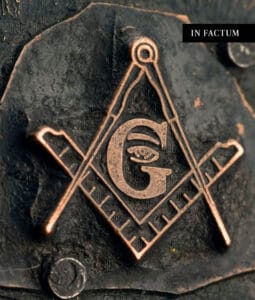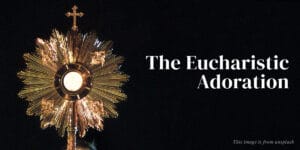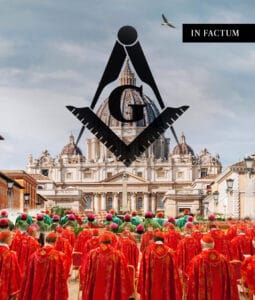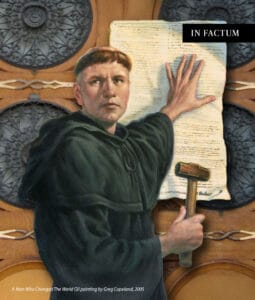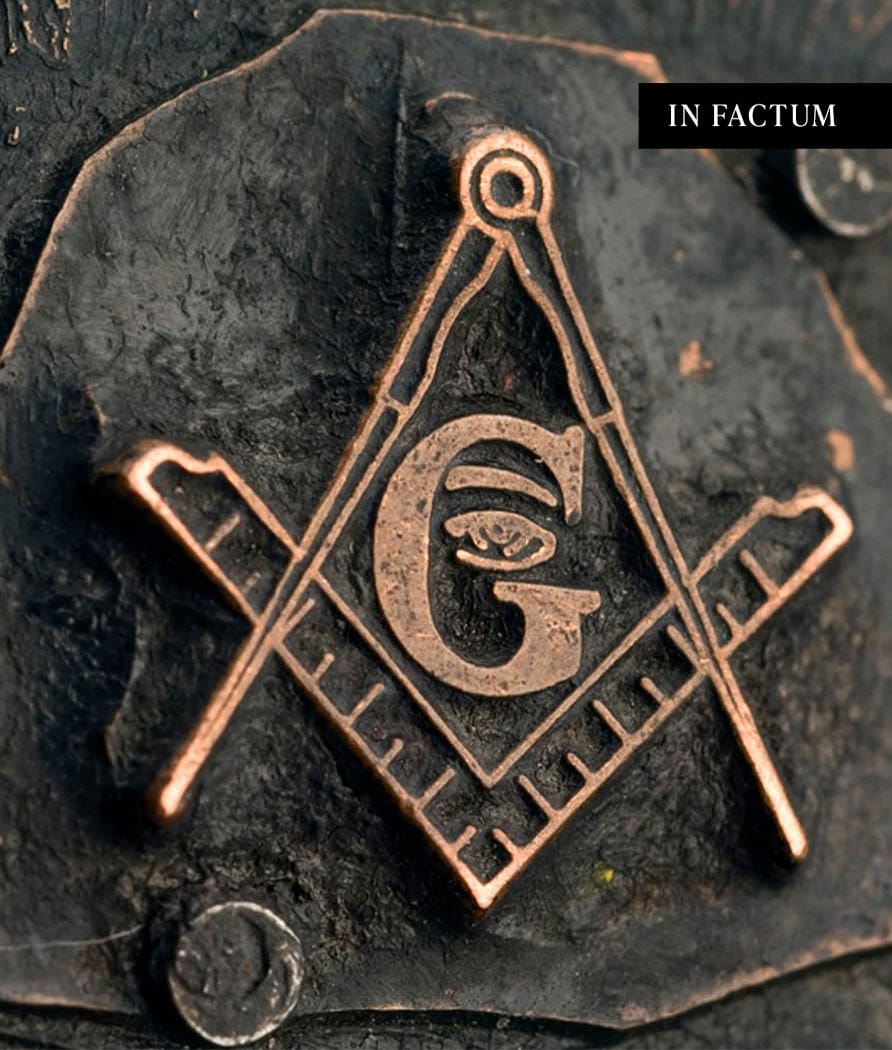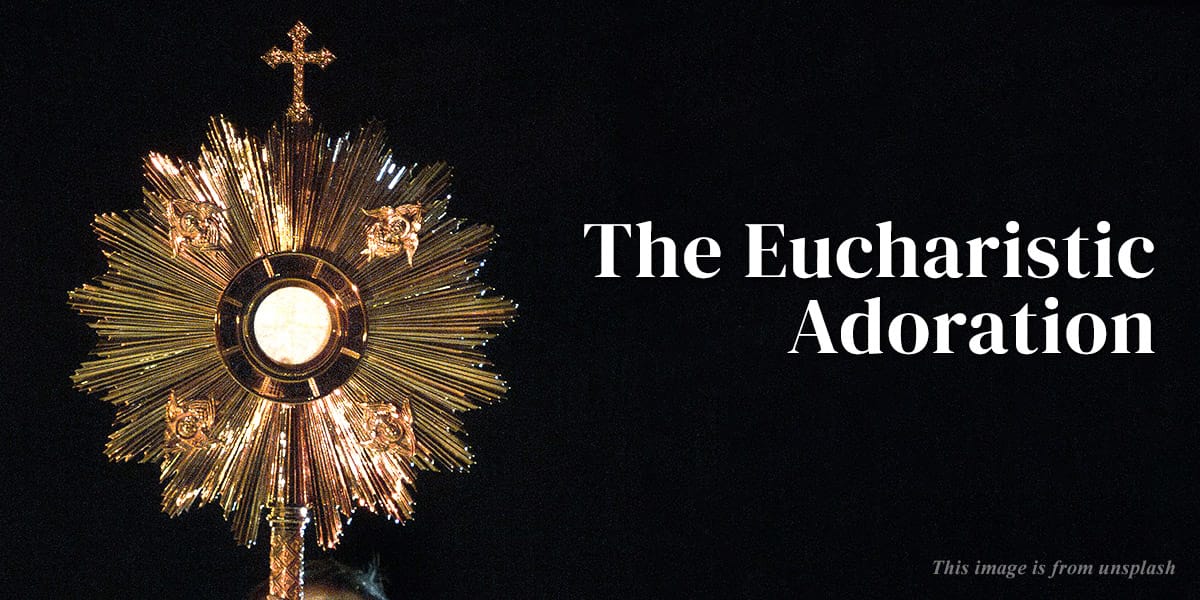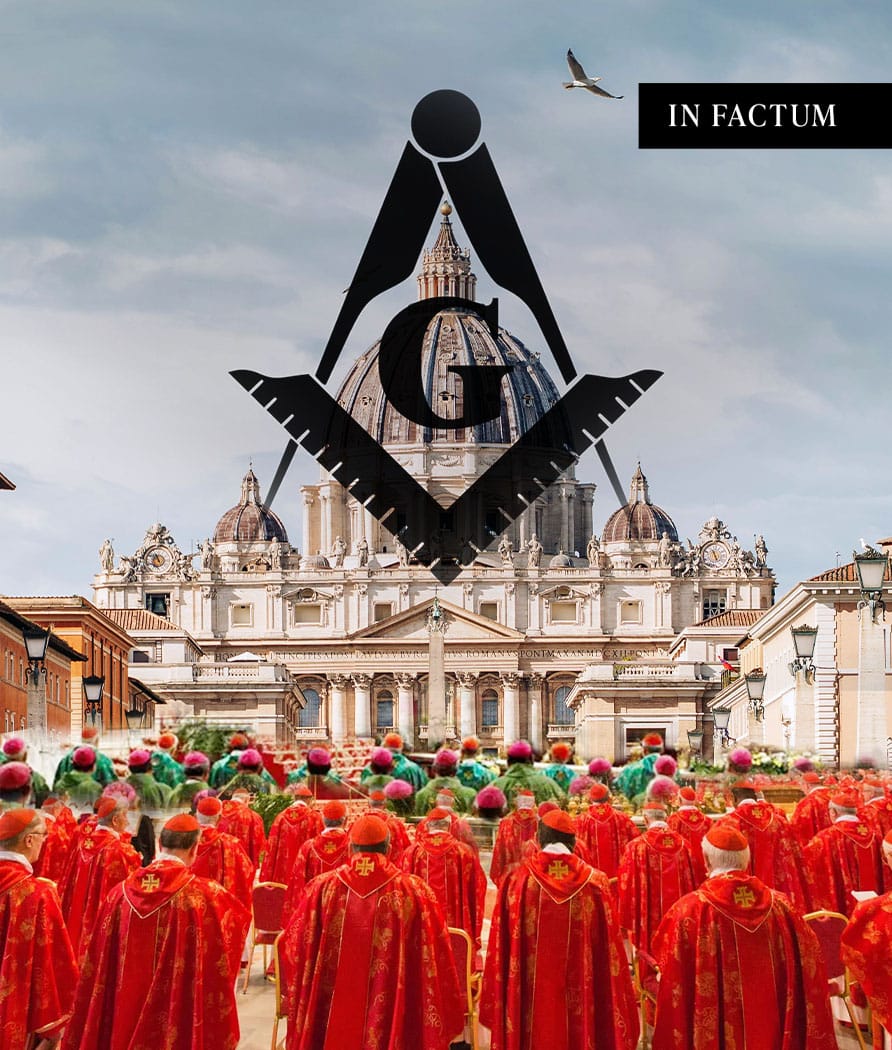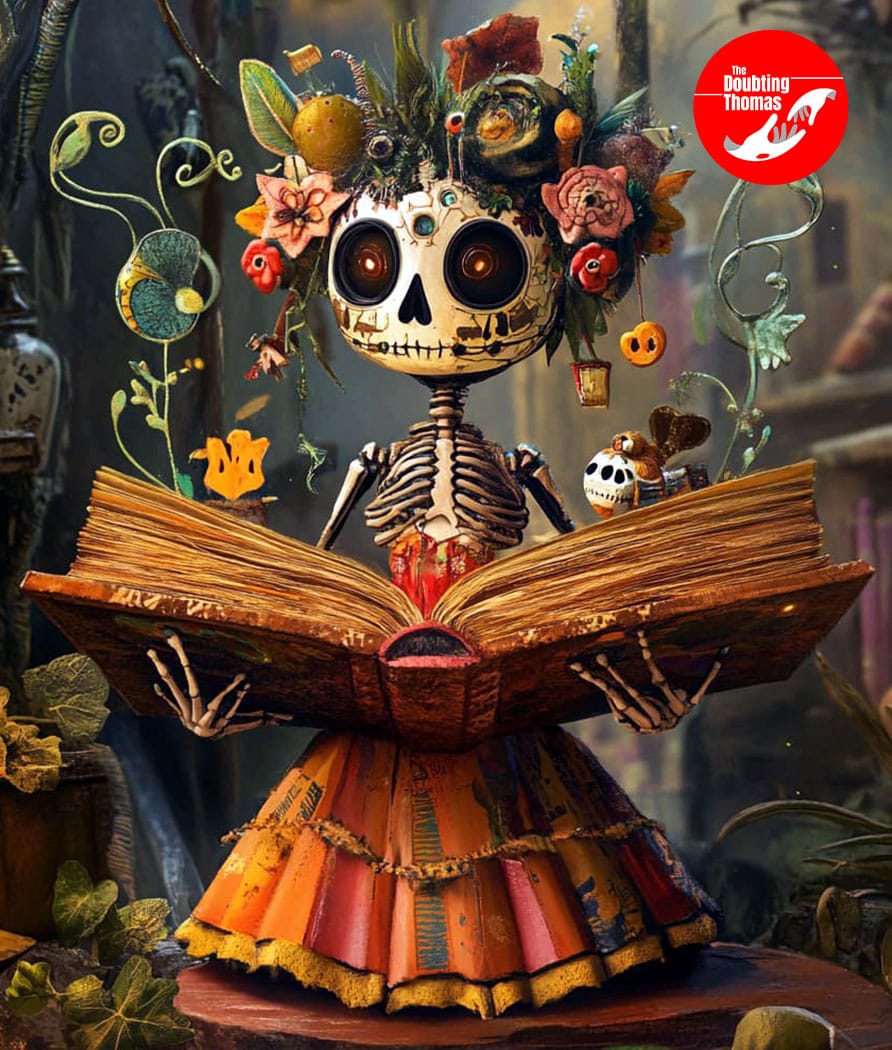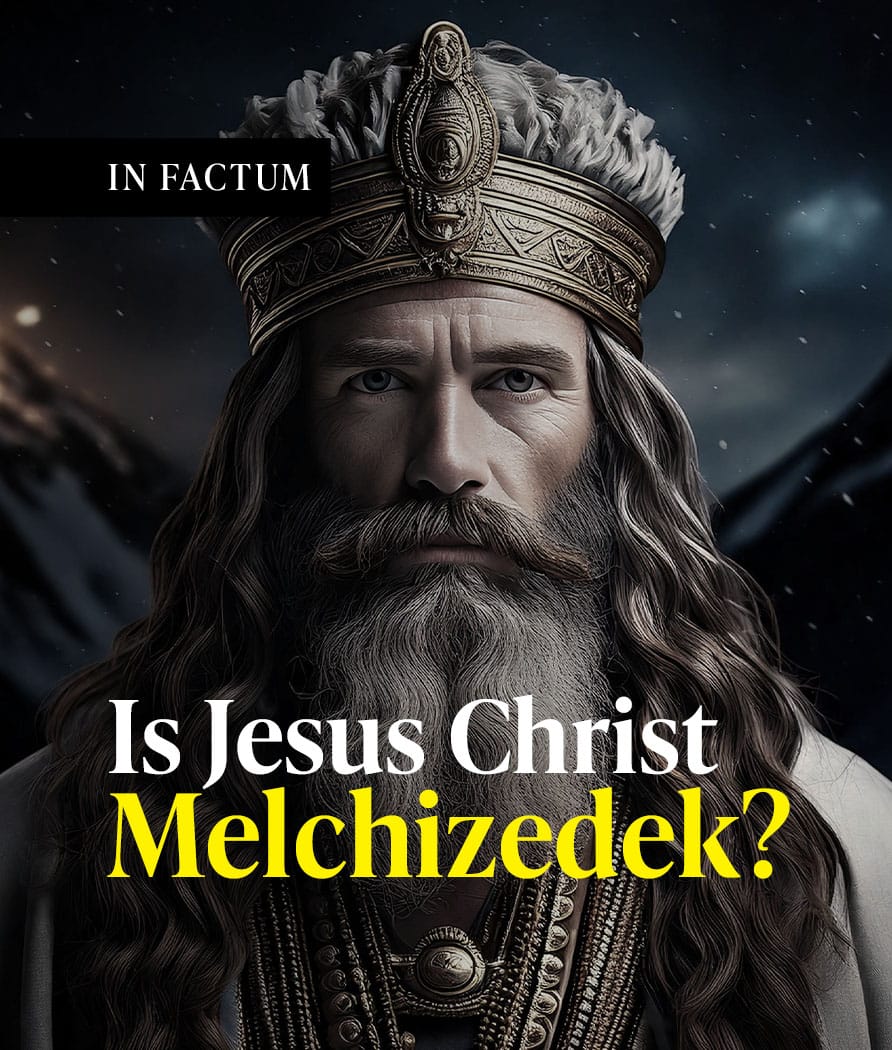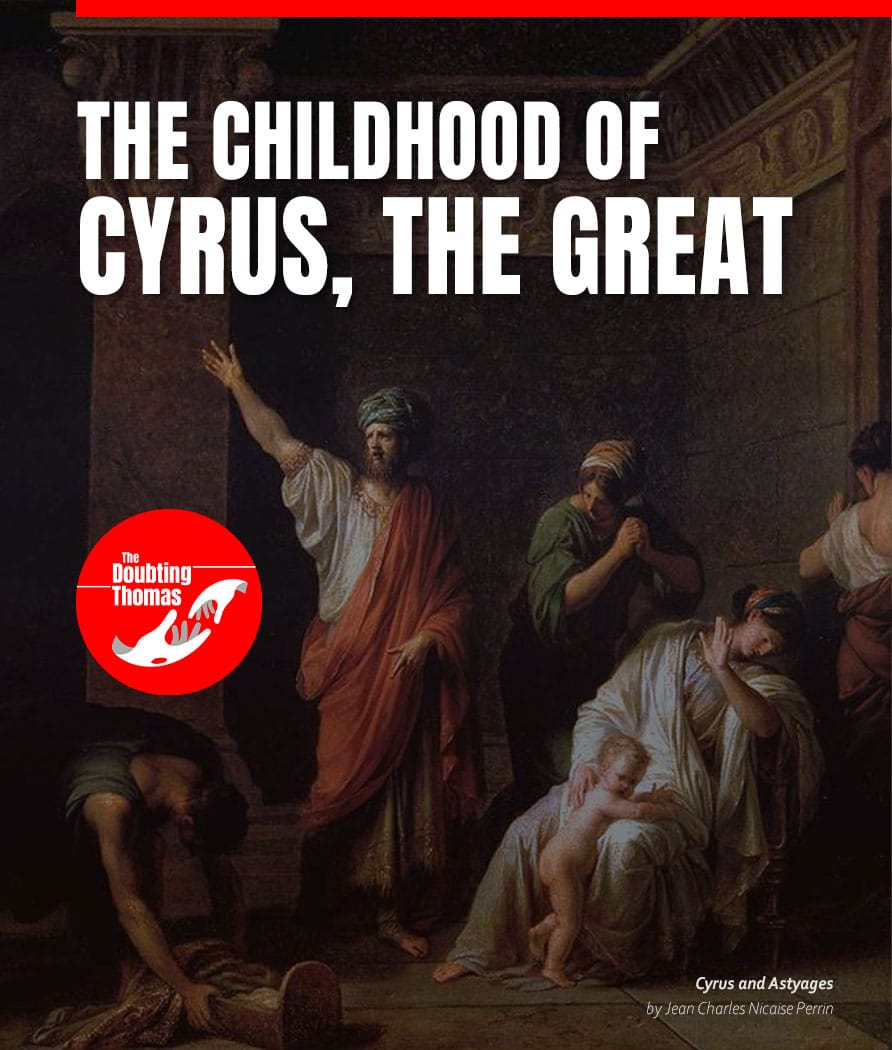I. The Apostle’s Creed.
A ‘Creed’ is a statement of belief in the Holy Trinity. It comes from the Latin word ‘Credo’, which means ‘I believe’. According to tradition, it was composed by the apostles and passed down to their disciples until the next generation of priests. Each Apostle contrib-utes one of the twelve articles. But some historians and theologians believed that this prayer was written in the 3rd or 5th century. The prayer was used during Holy Mass until it was replaced by the Council of Nicea’s Nicene Creed, which was used during the Holy Mass. However, it was returned during Pope Paul VI’s reformed Mass (Novus Ordo Mass). It is also employed at the start of the Holy Rosary.
II. The Seven Sacraments
Sacraments is an outward sign that our Lord Jesus Christ instituted to give grace. It is of utmost importance for us Catholics to receive it. But we are not obligated to receive all of them as not all of us are called to the priesthood. The sacraments are:
- Baptism
- Confirmation
- Holy Eucharist
- Penance
- Extreme Unction
- Holy Orders
- Matrimony
After Vatican II, many of our brothers and sisters have taken for granted to receive these sacraments, including the Extreme Unction, because of lack of catechism in schools and churches.
III. The Ten Commandments
Also known as The Decalogue. It was given to Moses by God, written on two stone tab-lets at Mount Sinai to release us from the spiritual captivity of sin. If anyone breaks one of these commandments, they will be guilty of mortal sin and may be condemned to hell if they fail to repent and receive absolution before death.
First Tablet:
1. I am the Lord your God; you shall not have strange gods before me.
2. You shall not take the name of the Lord your God in vain.
3. Remember to keep holy the Lord’s Day/ the Sabbath day.
Second Tablet:
4. Honor your father and your mother.
5. You shall not kill.
6. You shall not commit adultery.
7. You shall not steal.
8. You shall not bear false witness against your neighbor.
9. You shall not covet your neighbor’s wife.
10. You shall not covet your neighbor’s goods.
This Commandment was used by Catholics and Jews, while the protestants had a differ-ent version where they change the commandments by inserting ‘You shall not make unto you any graven images’ as the second commandment and merging the ninth and tenth commandments.
IV. The Lord’s Prayer (Our Father/Pater Noster)
The Lord’s Prayer was composed by our Lord Jesus Christ and can be found in the Sa-cred Scriptures. The Apostles prayed this prayer, which became one of the most popular prayers in the world and It is part of the Sacred Mass and the Holy Rosary.

